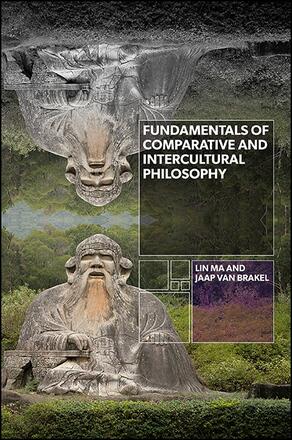
Fundamentals of Comparative and Intercultural Philosophy
Alternative formats available from:
Discusses the conditions of possibility for intercultural and comparative philosophy, and for crosscultural communication at large.
Description
This innovative book explores the preconditions necessary for intercultural and comparative philosophy. Philosophical practices that involve at least two different traditions with no common heritage and whose languages have very different grammatical structure, such as Indo-Germanic languages and classical Chinese, are a particular focus. Lin Ma and Jaap van Brakel look at the necessary and not-so-necessary conditions of possibility of interpretation, comparison, and other forms of interaction and how we can speak of similarities and differences in this context. The authors posit that it is necessary to dissolve the question of universalism versus relativism by replacing the ideal language paradigm with a paradigm of family resemblances and that it is not necessary to share a common language to engage in comparison. Numerous case studies are presented, including many comparisons of Western and Chinese concepts.
Lin Ma is Associate Professor of the School of Philosophy at the Renmin University of China and the author of Heidegger on East-West Dialogue: Anticipating the Event. Jaap van Brakel is Professor Emeritus in the Higher Institute of Philosophy at the University of Leuven and the author of Philosophy of Chemistry: Between the Manifest and the Scientific Image.
Reviews
"This is a rich and stimulating book … Throughout, succinct taxonomies structure and address pertinent questions, assisting the reader to take stock and stay afloat on the river of ideas that flows deeply through the text … Fundamentals of Comparative and Intercultural Philosophy is a most helpful addition to the canon of comparative philosophy. It is surely an invaluable resource for researchers everywhere navigating the subtle distinctions between language and meaning, translation and interpretation. " — Culture and Dialogue